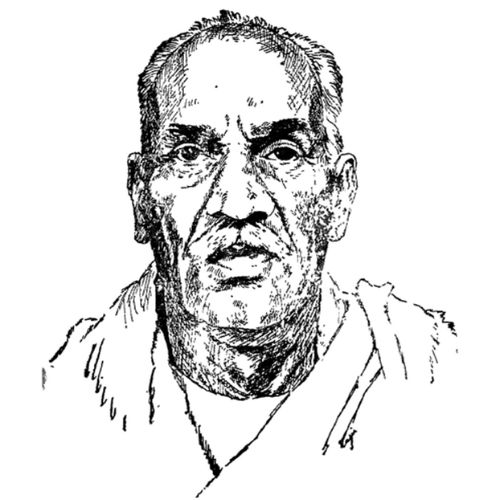Early Life:
Kallur Subba Rao was born in Kallur village in present-day Andhra Pradesh. He studied at the Edward Coronation School at Hindupurtill 1909. While his formal education stopped at the matriculation level, he continued to learn and taught himself English, Sanskrit, Kannada, and Telugu.
Role in India’s Independence Movement:
His political career started in 1919 when he joined the Indian National Congress. During his school days, his interactions with Annie Besant, Mahatma Gandhi and Ali Brother shaped his political thoughts and motivations. A gifted orator, he instilled nationalism through his speeches, during India’s struggle for independence, in Rayalaseema.
In 1921, he was arrested for taking part in the Non-Cooperation Movement. He spent a total of seven and a half years in prison for his participation in the Salt Satyagraha, Civil Disobedience Movement, and Quit India movement. Between 1921 to 1945, he spent so much time in prison that Rajagopalachari named him the ‘Prison Graduate.’ Subba Rao was elected to the Madras Legislative Assembly from the Penukonda Constituency in 1937.
Contribution to Constitution Making:
He was elected the Constituent Assembly in 1946 from the Madras Presidency. He did not actively participate in the debates.
Later Contributions:
In 1955, he was elected to the Madras Assembly for the second time on a Congress Party ticket. He also served as the Deputy Speaker of the Andhra Assembly.
Rao was awarded the prestigious Padma Shri in 1967.

